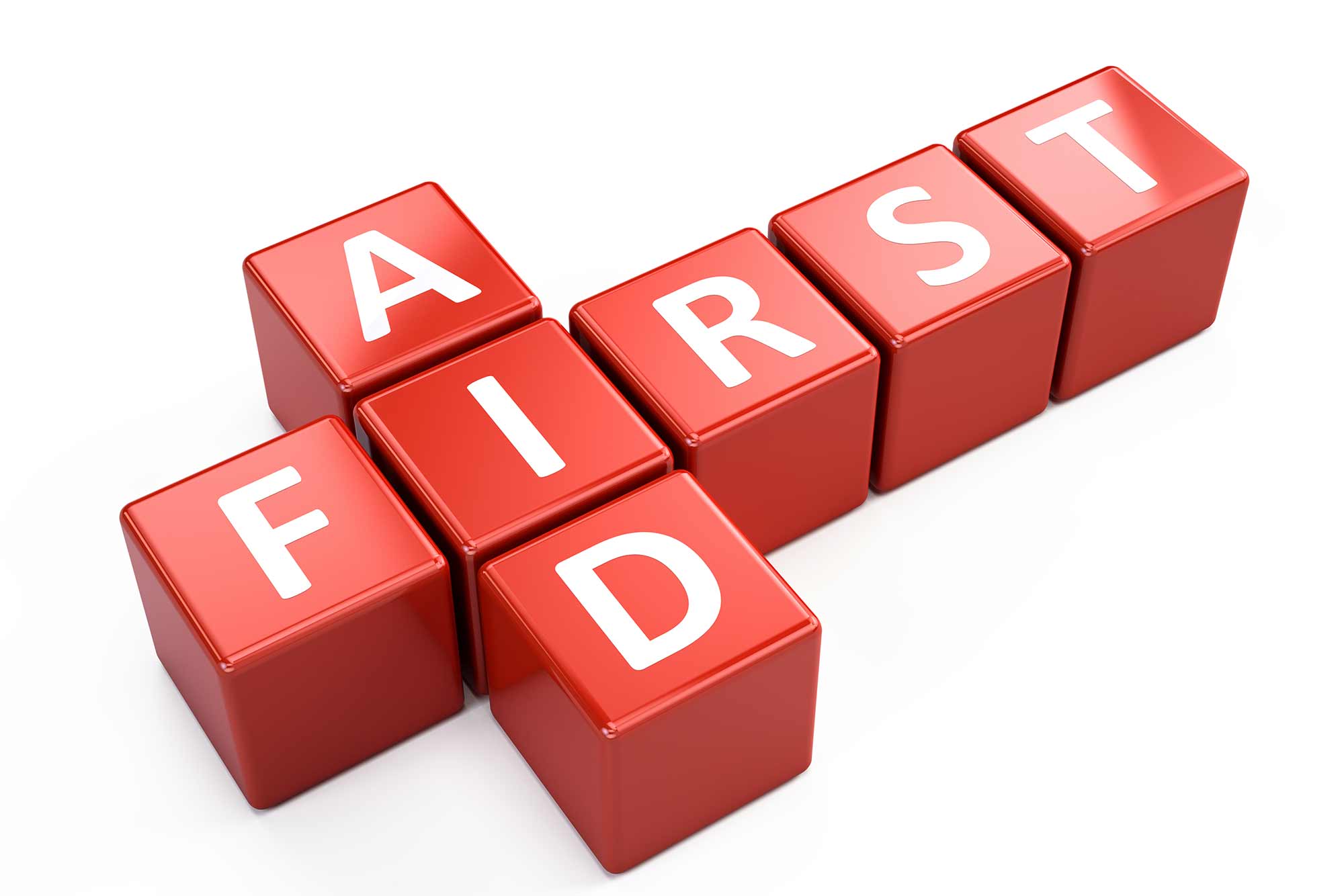Hurricanes are powerful and destructive natural disasters that can wreak havoc on communities and leave a trail of devastation in their wake. While preparedness in terms of food, water, and shelter is crucial, it’s equally important to be ready to handle medical emergencies in the aftermath of a hurricane. In this blog post, we’ll discuss some essential first aid tips to help you and your loved ones stay safe during and after a hurricane.
1. Build a First Aid Kit
A well-stocked first aid kit is the cornerstone of hurricane preparedness. When assembling your kit, consider the unique challenges a hurricane may bring, such as flooding, power outages, and limited access to medical facilities. Here’s what you should include:
- Sterile gauze and adhesive tape for wound dressings
- Antiseptic wipes and hydrogen peroxide for wound cleaning
- Band-aids of various sizes
- Scissors and tweezers
- Pain relievers (e.g., acetaminophen or ibuprofen)
- Thermometer
- Tweezers
- Disposable gloves
- Basic medications for chronic conditions
- An EpiPen if someone in your household has severe allergies
- Prescription medications
- First aid manual
Check and update your first aid kit regularly to ensure that everything remains in good condition and within its expiration date.
2. Learn Basic First Aid Skills
It’s not enough to have a first aid kit; you should also know how to use it. Learning basic first aid skills can make a significant difference in a hurricane’s aftermath. Here are some skills to consider:
- CPR (Cardiopulmonary Resuscitation): Knowing how to perform CPR can save lives. Take a CPR class and stay up to date on the latest techniques.
- Wound Care: Learn how to clean and dress wounds properly to prevent infection. This skill is particularly crucial when medical help is not readily available.
- Fracture and Sprain Management: Understand how to immobilize a broken bone or treat a sprain to reduce pain and prevent further injury.
- Burn Treatment: Knowing how to treat burns and scalds is essential, especially if your home suffers fire damage during a hurricane.
- Shock Management: Recognize the signs of shock and learn how to provide immediate care to someone in shock.
Consider enrolling in a first aid and CPR course, which is widely available through organizations like the American Red Cross and can provide you with hands-on training.
3. Be Prepared for Specific Hurricane-Related Injuries
Hurricanes often bring about unique risks and injuries that you should be prepared to address:
- Floodwater-Related Injuries: Floodwaters can be contaminated with harmful bacteria and toxins. If you come into contact with floodwater, clean and disinfect any wounds immediately.
- Electrocution: Fallen power lines or flooding can create the risk of electric shock. Always assume that downed power lines are live, and do not approach them.
- Insect Bites and Stings: Standing water after a hurricane can create breeding grounds for mosquitoes and other insects. Pack insect repellent in your first aid kit.
- Mold and Respiratory Issues: Mold can grow quickly in wet conditions. Be aware of mold-related health risks, especially if you or a family member has asthma or allergies.
4. Stay Informed and Connected
During a hurricane, communication can be challenging due to power outages and damaged infrastructure. However, staying informed about the latest weather updates, evacuation orders, and emergency information is crucial. Invest in a battery-operated weather radio or a hand-crank radio to stay connected even when the power is out.
Have an emergency communication plan in place for your family, and ensure everyone knows how to reach each other in case you get separated during the storm.
Conclusion
Hurricane preparedness extends beyond just stockpiling supplies and fortifying your home. Equipping yourself with the knowledge and tools to provide emergency first aid can be a lifesaver during and after a hurricane. By building a comprehensive first aid kit, learning essential first aid skills, and being prepared for hurricane-specific injuries, you’ll be better equipped to handle the challenges that a hurricane may bring. Remember, staying informed and connected is also crucial to ensure the safety of you and your loved ones. With these measures in place, you can navigate the storm with confidence and resilience, knowing that you are prepared for any medical emergency that may arise.
